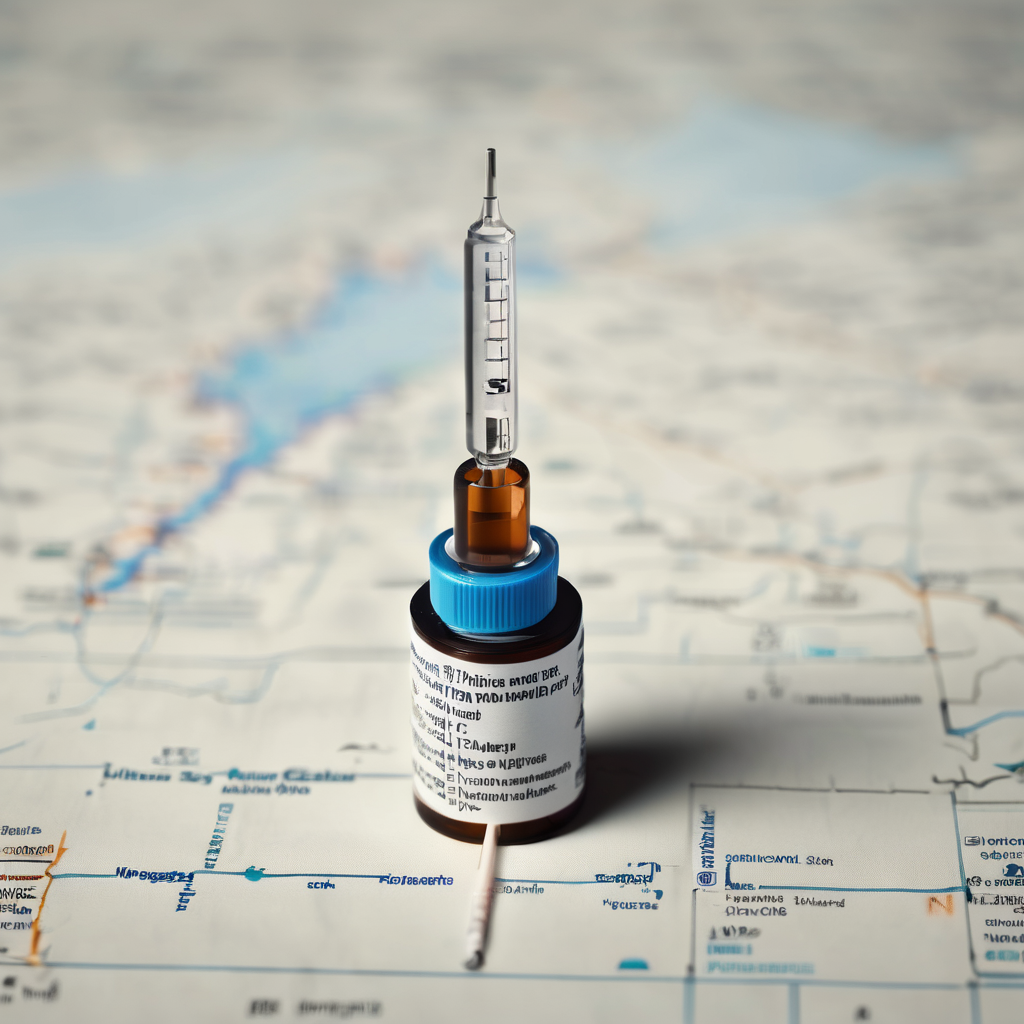Health professionals in the Pacific region are calling on families to prioritize vaccination amidst a rising measles outbreak in New Zealand. Health NZ/Te Whatu Ora has confirmed 17 cases affecting areas like Northland, Auckland, Taranaki, Wellington, and Nelson. Specific locations of concern include Westfield St Luke’s, Auckland City Hospital’s emergency department, and busy bus routes in Feilding and Wellington.
Dr. Chris Puli’uvea, an immunologist from Auckland University of Technology (AUT), highlights the urgent need for vaccinations, especially given the low immunization rates that have been linked to increased exposure risks. He warned, “The measles virus is extremely contagious and spreads very quickly, potentially remaining airborne for up to two hours. Our current vaccination rates are concerning, making it critical for us to manage this outbreak effectively.”
The National Childhood Immunisation Schedule recommends that children receive their first dose of the MMR (measles, mumps, rubella) vaccine at 12 months, followed by a second dose at 15 months. However, data from June last year indicates that only 49.6 percent of Pacific children aged 18 months have received both doses, revealing a significant gap in timely coverage.
Puli’uvea stressed that it’s essential for families to achieve wide-spread immunization, particularly since some individuals cannot receive vaccinations due to health conditions. This communal approach is vital to safeguarding those at risk. Infectious disease expert Mark Thomas from the University of Auckland warned that if vaccination efforts do not escalate, the outbreak could surpass 1,000 infections within the next three months. He referenced the alarming epidemic of 2019, during which New Zealand saw 2,000 cases, resulting in severe impacts on populations, particularly in Sāmoa.
Additionally, Puli’uvea raised the challenge posed by asymptomatic individuals who may unknowingly be spreading the virus. While Health NZ recently reported the administration of a record 2,098 MMR vaccine doses, Thomas reminded the public that full immunity from the vaccination may take seven to ten days to develop.
Health officials continue to encourage those born after 1969 to check their vaccination status and ensure they have received both doses of the MMR vaccine, as most individuals born before this year are generally presumed to have natural immunity.
As the situation develops, it serves as a critical reminder of the importance of vaccinations and community health measures. By ensuring immunization against measles, families can collectively play a role in reducing the risk of further infections and protect vulnerable populations during this public health challenge. The proactive response of health professionals and communities bodes well for strengthening overall health security.
